Introduction to Blockchain Finance Abbreviations

Blockchain technology has revolutionized the financial industry, offering a decentralized and secure way to conduct transactions. With its growing popularity, many new terms and abbreviations have emerged. In this article, we will explore some of the most common blockchain finance abbreviations and their meanings.
AML (Anti-Money Laundering)
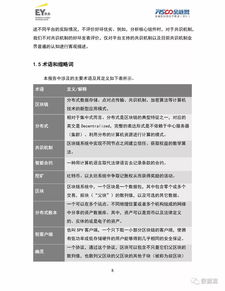
AML stands for Anti-Money Laundering. It refers to the process of identifying and preventing the use of financial systems by individuals involved in money laundering activities. AML measures are crucial for maintaining the integrity of the financial system and preventing financial crimes.
APR (Annual Percentage Rate)
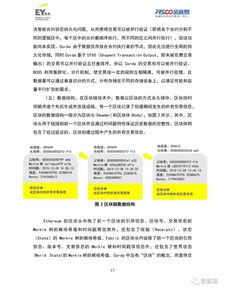
APR is an abbreviation for Annual Percentage Rate. It represents the annual interest rate charged on a loan or earned on an investment. The APR is used to compare the cost of borrowing or the return on investment among different financial products.
AUM (Assets Under Management)

AUM stands for Assets Under Management. It refers to the total value of assets that a financial institution or investment firm manages on behalf of its clients. AUM is a key performance indicator for investment managers and is often used to measure their success in managing clients' investments.
BTC (Bitcoin)
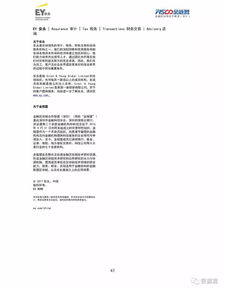
BTC is the abbreviation for Bitcoin, the first and most well-known cryptocurrency. Bitcoin is a decentralized digital currency that operates on a blockchain network. It allows users to make peer-to-peer transactions without the need for a central authority.
ETH (Ethereum)

ETH is the abbreviation for Ethereum, a blockchain platform that enables the creation of decentralized applications (DApps) and smart contracts. Ethereum is the second-largest cryptocurrency by market capitalization and is widely used for various applications, including decentralized finance (DeFi).
ICO (Initial Coin Offering)

ICO stands for Initial Coin Offering. It is a fundraising event where a new cryptocurrency project offers its tokens to the public in exchange for legal tender or other cryptocurrencies. ICOs have become a popular way for blockchain startups to raise capital.
STO (Security Token Offering)
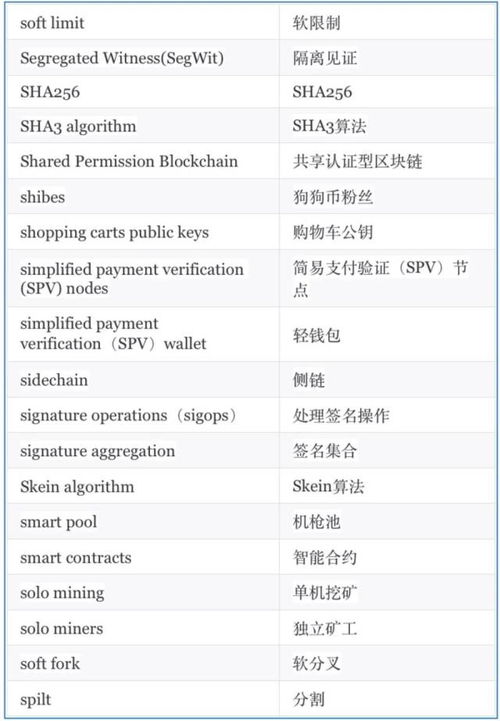
STO is an abbreviation for Security Token Offering. It is similar to an ICO but involves the issuance of security tokens, which are regulated financial instruments. STOs are used to raise capital for companies and projects that require compliance with securities laws.
DeFi (Decentralized Finance)
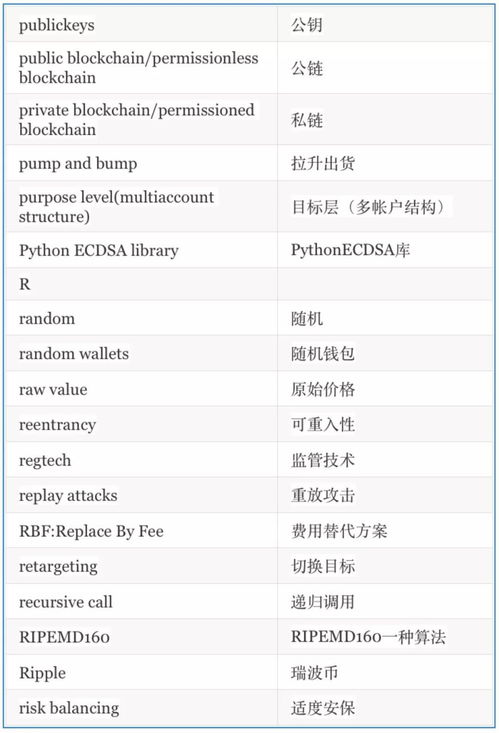
DeFi stands for Decentralized Finance. It refers to a financial system built on blockchain technology that aims to create an open, transparent, and accessible financial ecosystem. DeFi platforms enable users to access financial services without intermediaries, such as banks or brokers.
DEX (Decentralized Exchange)
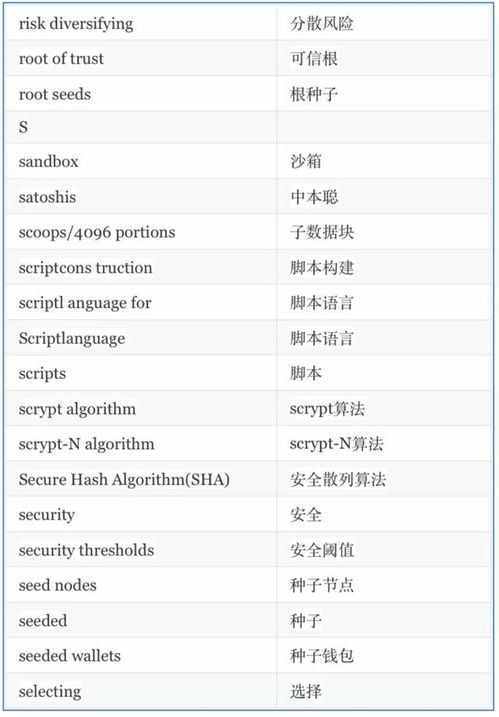
DEX is an abbreviation for Decentralized Exchange. It is a type of cryptocurrency exchange that operates on a decentralized network, allowing users to trade cryptocurrencies directly with each other without the need for a centralized authority.
Smart Contract
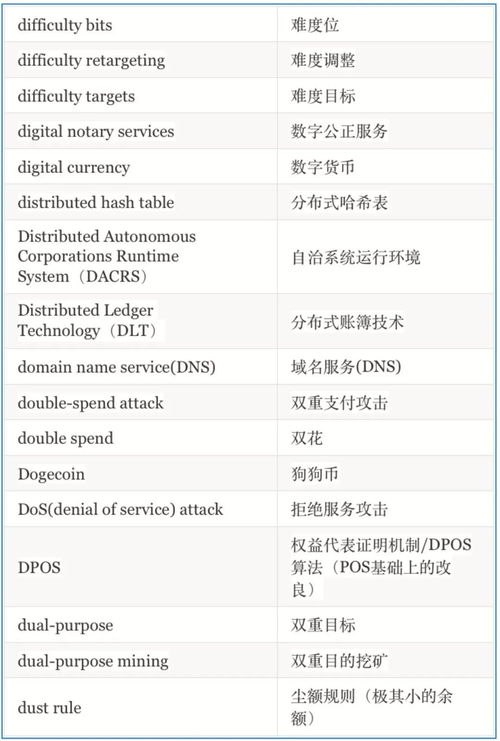
A smart contract is a self-executing contract with the terms of the agreement directly written into lines of code. It is a digital agreement that automatically enforces and executes the terms of a contract when predetermined conditions are met.
DAO (Decentralized Autonomous Organization)
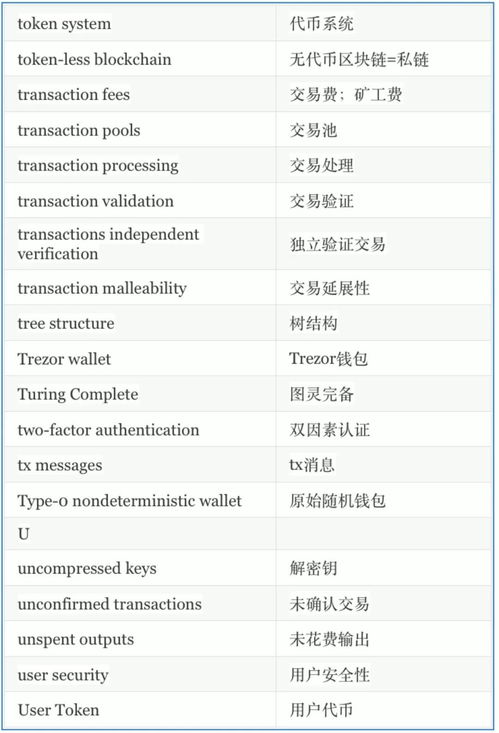
DAO stands for Decentralized Autonomous Organization. It is a blockchain-based organization that operates through smart contracts and does not require traditional management structures. DAOs aim to create a transparent and democratic way of managing projects and businesses.
ICO (Initial Coin Offering)

ICO is an abbreviation for Initial Coin Offering. It is a fundraising event where a new cryptocurrency project offers its tokens to the public in exchange for legal tender or other cryptocurrencies. ICOs have become a popular way for blockchain startups to raise capital.
AML (Anti-Money Laundering)

AML stands for Anti-Money Laundering. It refers to the process of identifying and preventing the use of financial systems by individuals involved in money laundering activities. AML measures are crucial for maintaining the integrity of the financial system and preventing financial crimes.
APR (Annual Percentage Rate)

APR is an abbreviation for Annual Percentage Rate. It represents the annual interest rate charged on a loan or earned on an investment. The APR is used to compare the cost of borrowing or the return on investment among different financial products.
AUM (Assets Under Management)
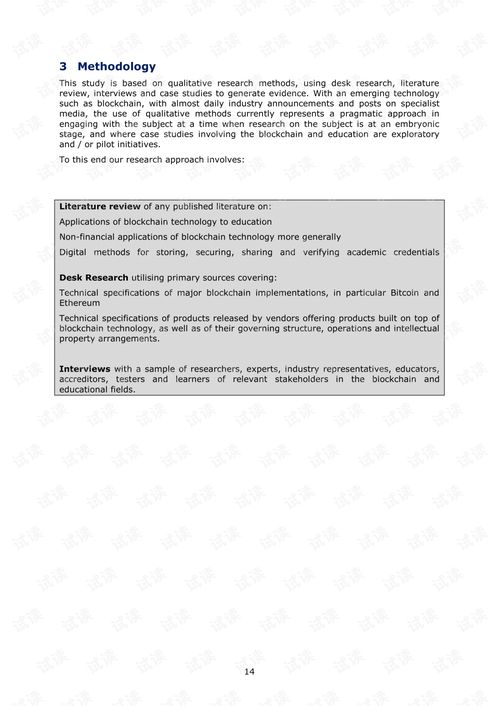
AUM stands for Assets Under Management. It refers to the total value of assets that a financial institution or investment firm manages on behalf of its clients. AUM is a key performance indicator for investment managers and is often used to measure their success in managing clients' investments.
ETF (Exchange-Traded Fund)

ETF stands for Exchange-Traded Fund. It is a type of investment fund that tracks a specific index, commodity, or basket of assets. ETFs are traded on exchanges like stocks
